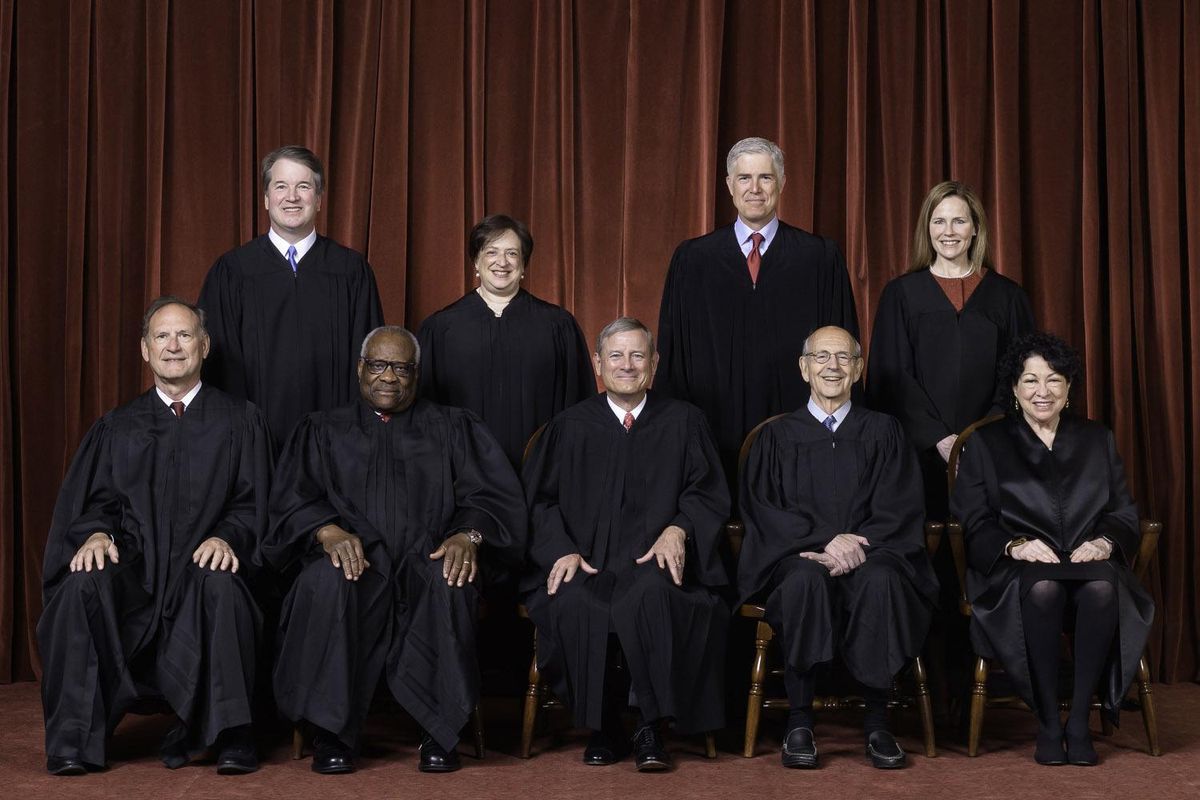
The recent 6-3 U.S. Supreme Court decision in West Virginia v. EPA was an exercise of raw political power.
The anti-regulation, conservative majority did it with a highly contrived, legally threadbare argument simply because they could. Notably, the dispute was about a regulation — the Clean Power Plan (CPP) — that was no longer in effect.
It’s also worth noting that market forces had already done more to drive a transition away from coal in U.S. electricity generation than the CPP had been predicted to do, had it stayed in force.
The only apparent reasons for the Supreme Court to take the case were (1) to allow the Court’s most radical majority in modern times to reduce the Environmental Protection Agency’s authority to address climate change, and (2) to do so in a way that would open the door to future decisions reining in the power of the so-called “administrative state” to regulate industry under broad guidelines granted by the Congress.
Depriving the agency of an important option
What the decision explicitly forbids EPA to do is to use “generation-shifting mechanisms”— that is, forcing electricity generators to shift to cleaner options — to reduce the reliance of U.S. electricity generation on coal-fired power plants.
The ruling does not deprive EPA of the right to regulate coal-fired power plant emissions in other ways, such as with emission standards or technology requirements applied to specified types of plants. (One could assume the Court only left those options open to EPA because it was only the generation shifting options that had been challenged in the case the Court was reviewing.)
The Court’s majority claims it is simply returning to Congress the opportunity to indicate whether or not it intended to delegate to EPA authority to do the specific thing that the disputed regulation did; but the majority is well aware there’s no chance the current Congress would come down in favor.
While the ruling does, then, deprive EPA of one important option for regulating greenhouse-gas emission, the far larger danger resides in the majority’s having invoked a sweeping “Major Questions Doctrine” to justify its decision in this relatively narrow case.
Dangerous doctrine
That majority declared that this newly labeled doctrine — whose antecedents in previous Court decisions do not fit the current case (see Justice Kagan’s dissent)― holds that rules imposed by EPA or other Executive Branch agencies are subject to judicial review if the rules have major economic or other societal impacts and were not authorized, explicitly and in detail, in the language of Congress’s delegation of authority to the agency in question.
Inasmuch as Congressional delegations of regulatory authority to Executive Branch agencies often do not specify the specific regulatory tools the agencies may use (for the good reason that Congress lacks the relevant expertise and doesn’t wish to constrain those better equipped), the majority’s newly elevated doctrine puts a vast array of environmental and business regulations at risk when this Court finds opportunities to review them.
John Holdren is a research professor in Harvard University’s Kennedy School of Government and Co-Director of the Science, Technology, and Public Policy Program in the School’s Belfer Center for Science and International Affairs.
From January 2009 to January 2017, Holdren was President Obama’s Science Advisor and Senate-confirmed Director of the White House Office of Science and Technology Policy

